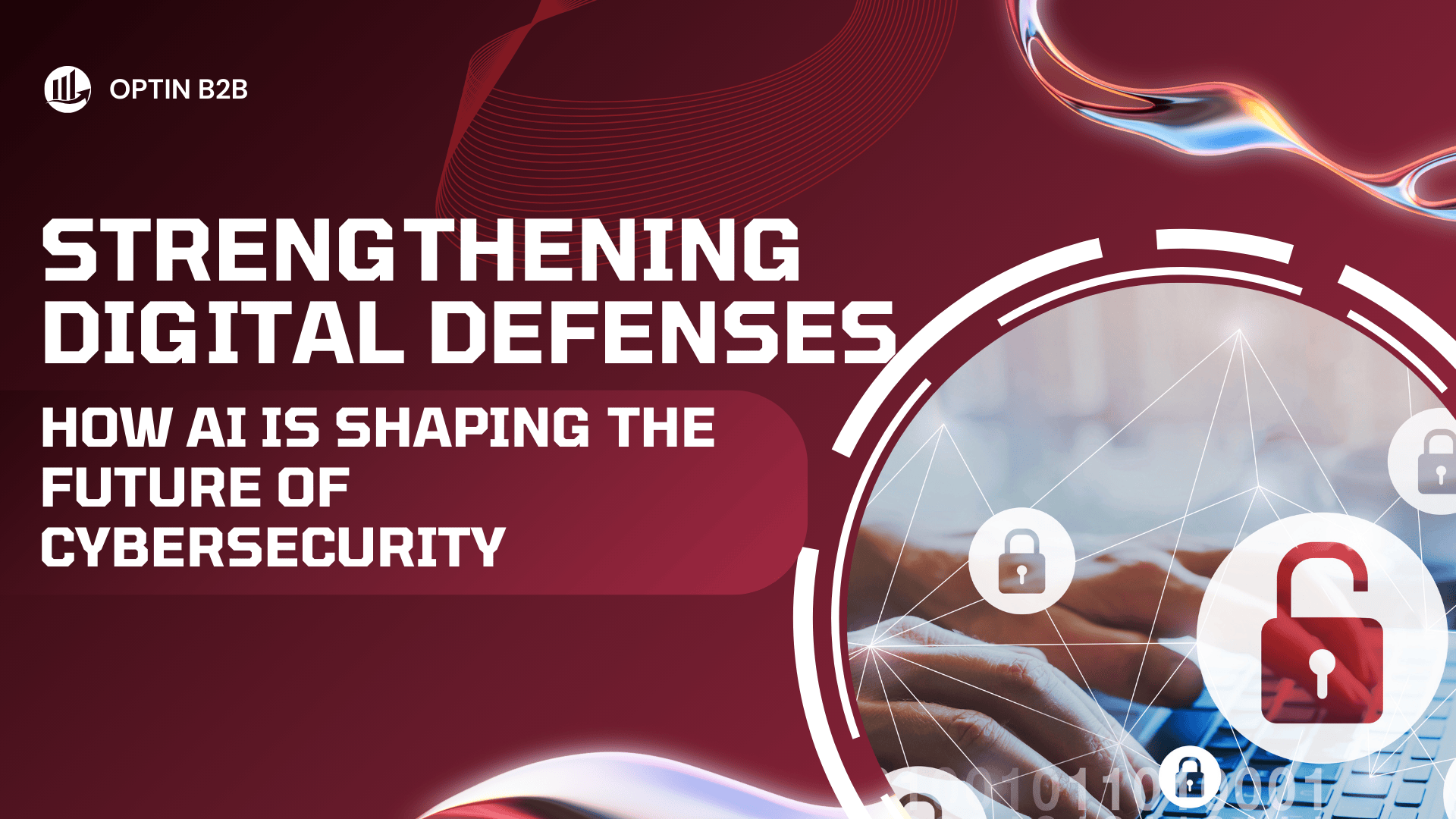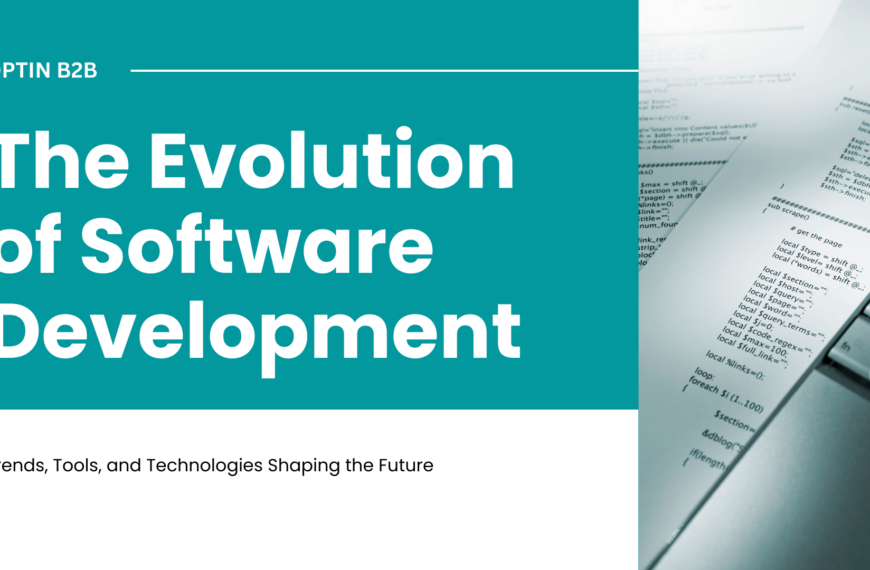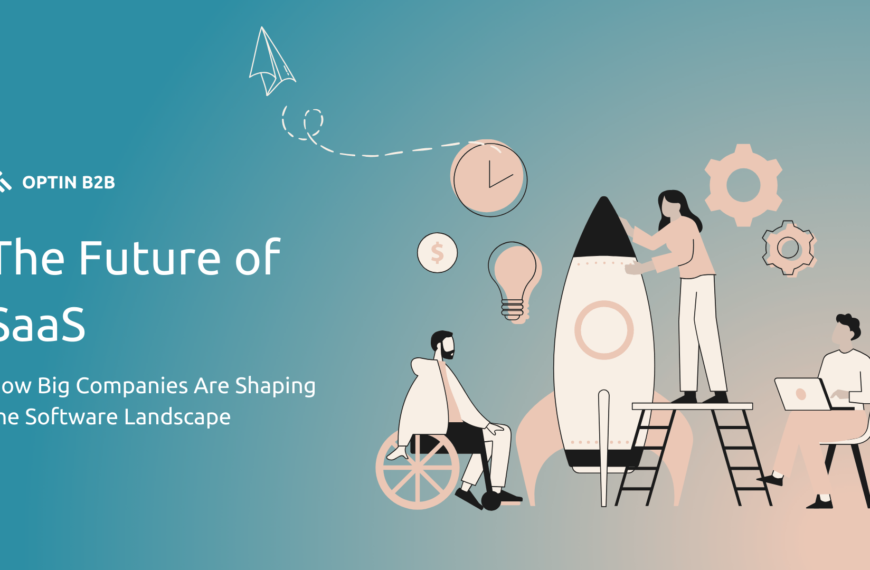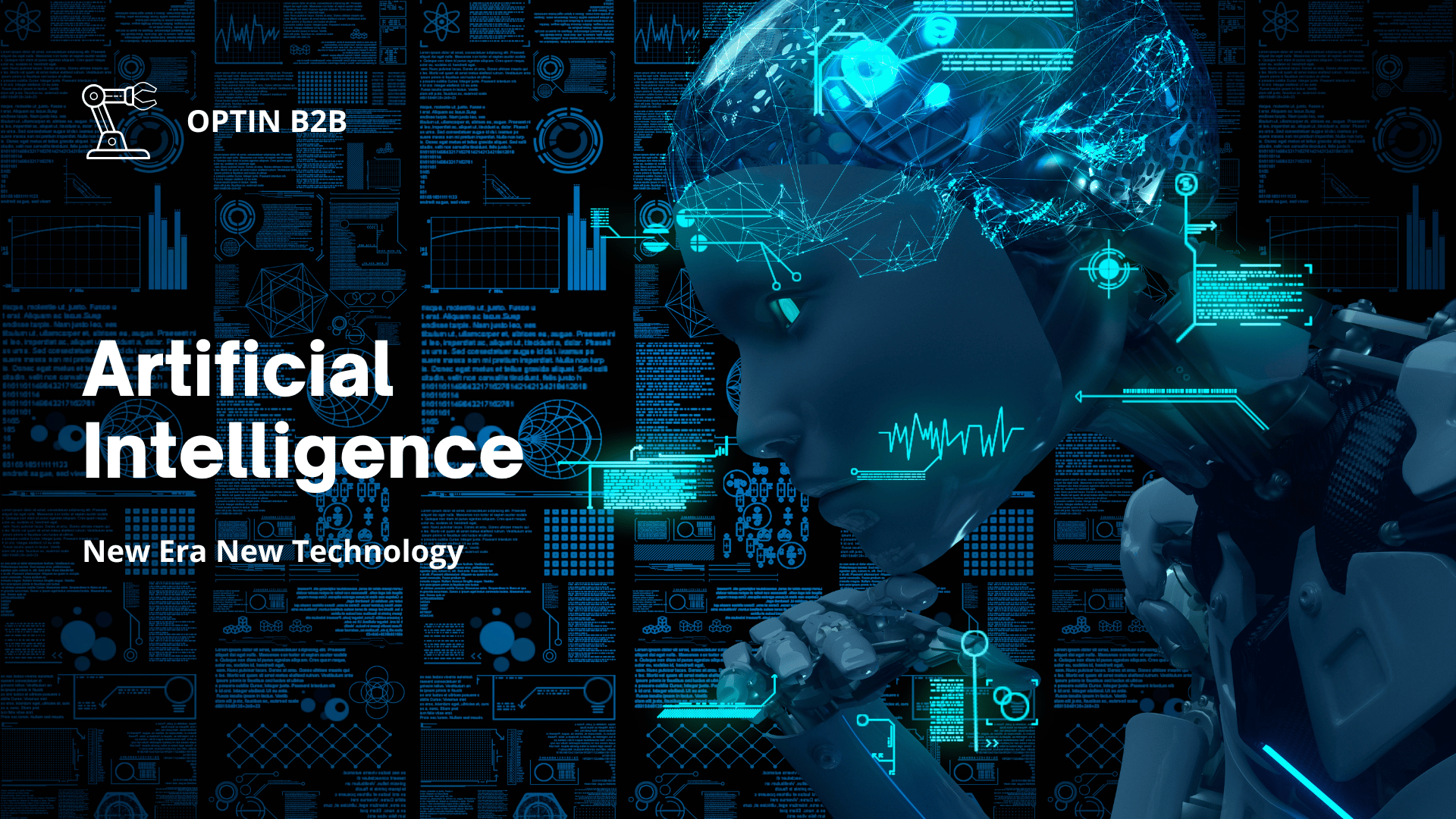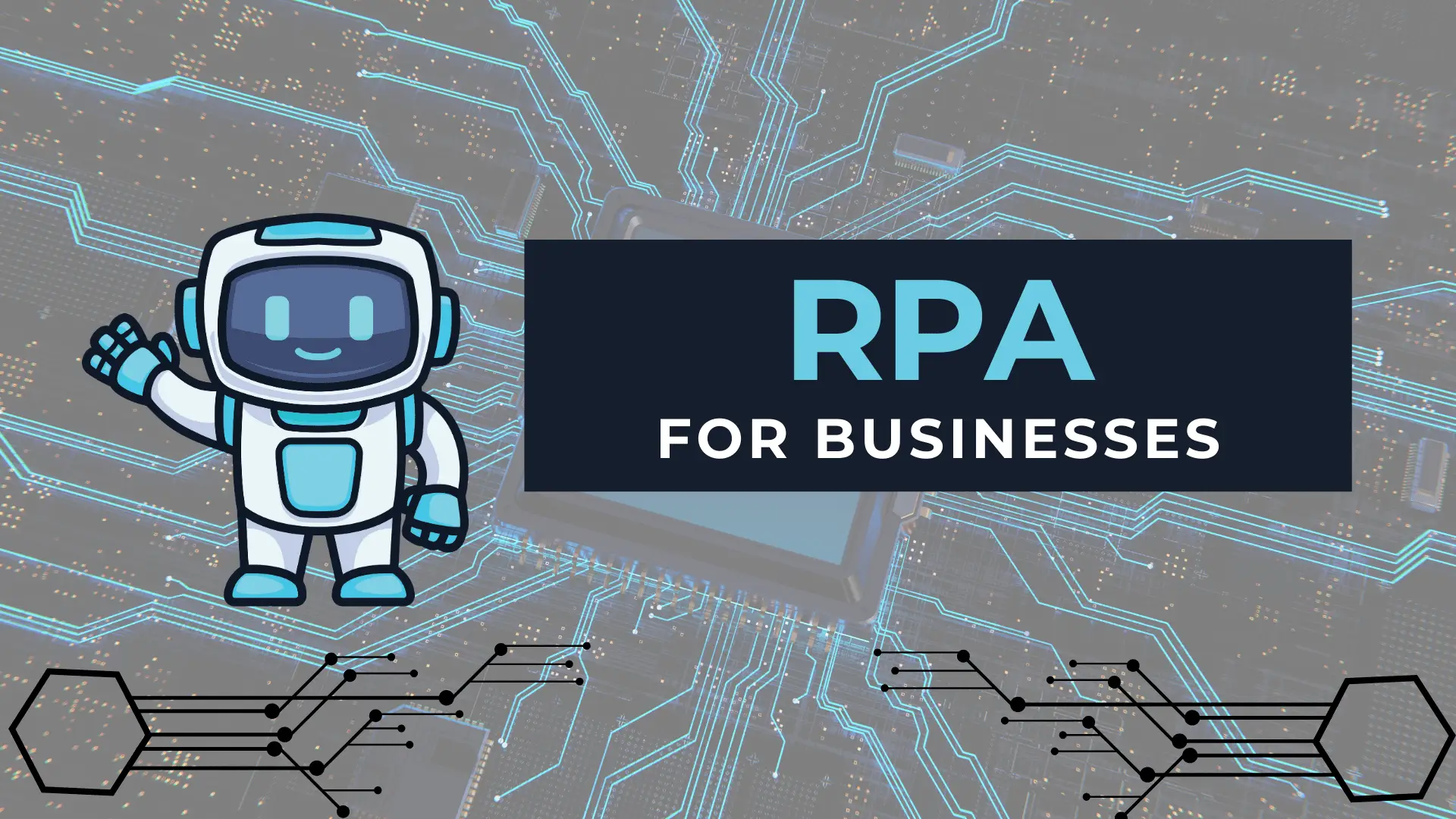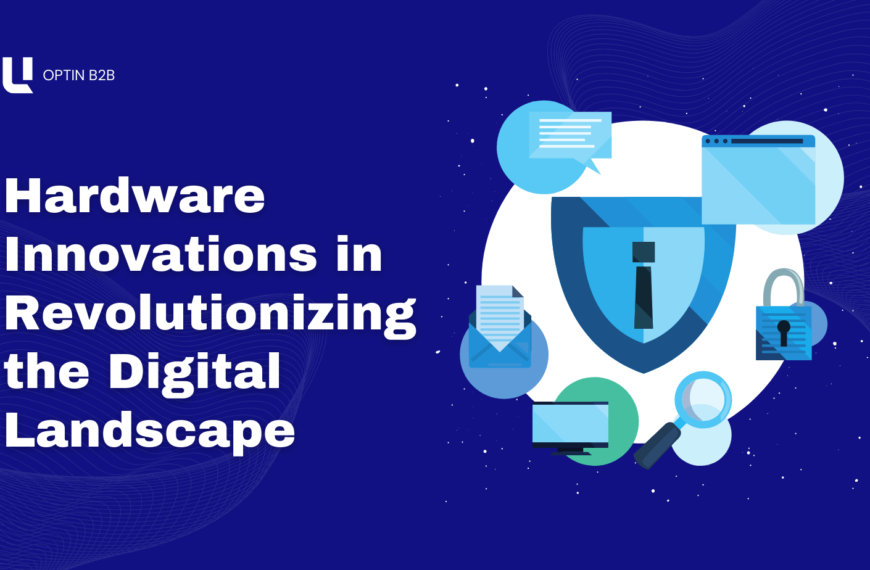In today’s increasingly interconnected world, cybersecurity is more important than ever. With cyber threats evolving at a rapid pace, organizations must adopt more sophisticated measures to protect their data and infrastructure. Enter Artificial Intelligence (AI), which has proven to be an essential tool in revolutionizing the cybersecurity landscape. AI is no longer just a futuristic concept; it’s already being integrated into cybersecurity operations to detect, respond, and mitigate potential cyber threats in real-time.
One of the key strengths of AI in cybersecurity is its ability to analyze massive amounts of data in real-time. Traditional security systems often rely on predefined rules and signatures to detect threats, but AI systems use machine learning (ML) to learn from the data they encounter, allowing them to identify unusual patterns that may indicate a potential attack. Companies like CrowdStrike and FireEye have pioneered AI-driven solutions that provide real-time threat detection. By using algorithms that continually learn and adapt, these tools are capable of spotting and responding to even the most sophisticated cyberattacks, often before they have the chance to do significant damage.
AI is also enabling predictive analytics, which helps organizations stay ahead of emerging threats. By examining historical data and identifying trends, AI can predict where and how future attacks are likely to occur. This allows security teams to implement proactive measures, reducing the likelihood of breaches before they happen. For example, Darktrace has developed self-learning systems that use AI to forecast potential security breaches and take preventative action autonomously, giving companies an extra layer of defense that reacts faster than human teams can.
In addition to enhancing detection and response, AI is helping organizations automate routine cybersecurity tasks, such as data analysis and threat hunting. The volume of security alerts and data generated by modern systems can overwhelm cybersecurity teams, often causing critical threats to go unnoticed. AI-powered automation tools, like those from Palo Alto Networks and Sophos, help reduce the workload of security professionals by automatically prioritizing and analyzing security incidents. This leaves security teams free to focus on more complex issues while ensuring that everyday security tasks are managed efficiently.
As AI continues to evolve, its role in cybersecurity will become even more critical. Future advancements in natural language processing (NLP) and deep learning will allow AI systems to understand and interpret even more complex attack strategies. This will empower AI to not only defend against current threats but also predict and prevent entirely new forms of cybercrime. In addition, as AI-based solutions become more advanced, they will help reduce the risk of human error, one of the most common vulnerabilities in cybersecurity.
In conclusion, AI is no longer just an add-on to traditional cybersecurity systems; it has become an integral part of the defense strategy. With its ability to detect and respond to threats faster, predict future risks, and automate security operations, AI is reshaping how organizations approach cybersecurity. As the digital world continues to evolve, AI-driven solutions will become essential to maintaining strong, adaptive defenses against an ever-changing landscape of cyber threats.

